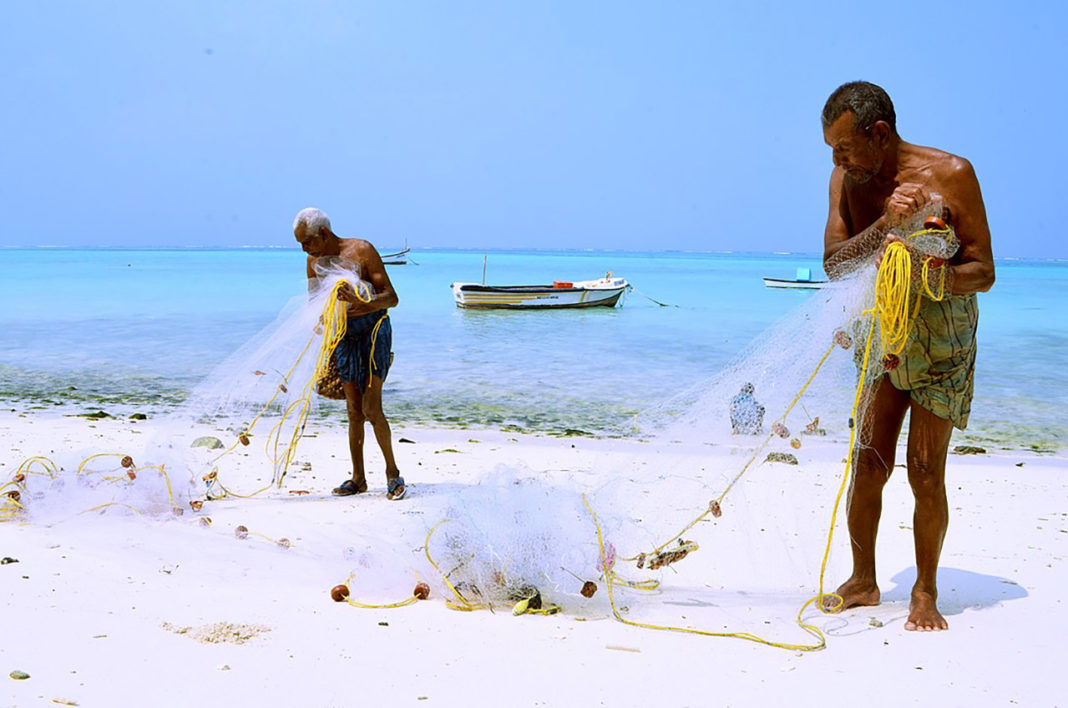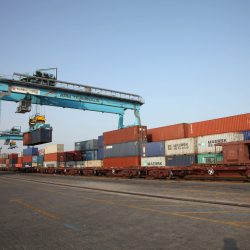Lakshadweep, an exquisite archipelago off India’s southwest coast, is facing severe environmental challenges due to rising sea temperatures and increased tourism. Supported by the Pulitzer Center, HT investigates the ecological shifts impacting this vibrant region.
Personal Stories: Defending Heritage
CN Nooral Hidaya’s Journey
Growing up in Lakshadweep, CN Nooral Hidaya was determined to protect her homeland. Now a practicing lawyer and the first woman from the islands in her profession, she expresses concern over potential threats to the islands’ unique way of life due to new land regulations and tourism developments.
The Impact of Marine Heatwaves
Coral Bleaching Crisis
In 2023 and early 2024, Lakshadweep experienced unprecedented marine heatwaves, leading to widespread coral bleaching. The sea surface temperature soared to 36°C, far above the critical threshold for coral health, causing substantial damage to coral reefs, with some estimates suggesting up to 75% bleaching.
Effects on Marine Life
Changes in Fish Populations
The rising sea temperatures have led to a decline in bait fish, crucial for the island’s tuna fisheries. The shift in fish populations is affecting local fishermen who use traditional pole-and-line methods. The loss of bait fish is anticipated to impact both the economy and food security of the islanders.
Disappearance of Sea Grass
The unexplained vanishing of sea grass a decade ago remains a mystery. While some theories suggest it could be related to an increase in the turtle population, scientists have yet to establish a direct cause.
Adaptations and Future Outlook
Desalination Efforts
To address freshwater needs, the government established desalination plants in Kavaratti, Agatti, and Minicoy islands. While these plants provide essential potable water, the low mineral content makes it less suitable for long-term use.
Hope for the Future
Despite these challenges, there is optimism for the future. The younger generation, including Hidaya’s daughter Amreen, is becoming increasingly involved in conservation and sustainable practices. Advancements in connectivity and development are evident, although the absence of a multi-specialty hospital remains a significant issue.
Conclusion: Resilience Amidst Change
Lakshadweep’s environment is undergoing profound changes due to climate impacts and tourism. While the region faces considerable challenges, local resilience and adaptation efforts offer hope for preserving its unique ecological and cultural heritage.



















